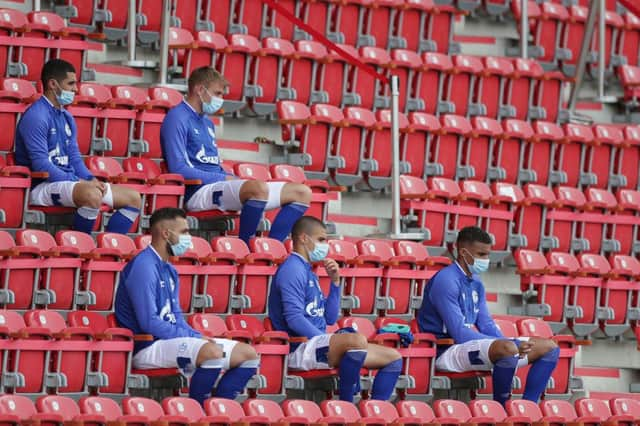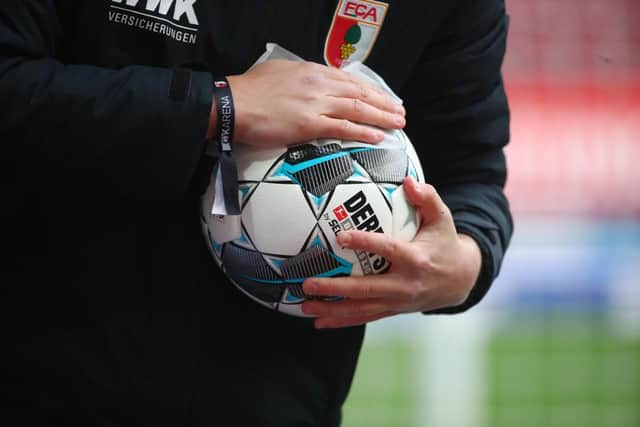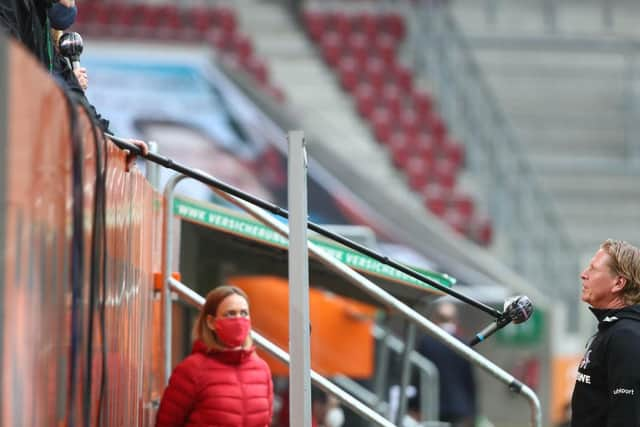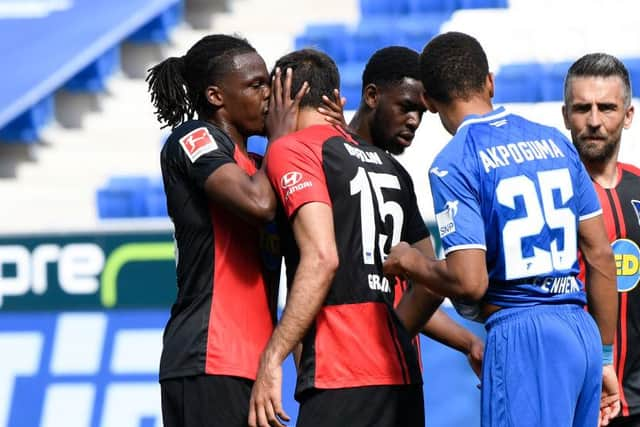What Scottish football can learn from Bundesliga restart


Scottish Premiership clubs are set to return to training over the next seven days ahead of the 2020/21 campaign.
With teams and governing bodies looking forward towards the resumption of football in Scotland there will be plenty of information, advice and tips to be picked up along the way as leagues around Europe resume.
Advertisement
Hide AdAdvertisement
Hide AdFootball in Germany has been taking place for a few weeks now and their measures and protocols have allowed for a safe return.


So, what have they implemented?
Training
As has been seen in the English Premier League already, notably at Arsenal, players are advised to arrive ready to train in their kit. They don’t shower at the ground and many clubs provide lunch to takeaway.
Bayer Leverkusen have sent out texts to players in the morning with questions surveying how they are feeling to determine whether they should train.


Testing
Players in Germany are tested twice a week which includes a test the day before a game. They also have their temperature taken on the day of the game.
If any player or member of staff tests positive it falls on the local health authorities in Germany to decide what happens next.
Last month 2.Bundesliga side Dynamo Dresden had two players test positive for coronavirus which saw the club enforce a two-week isolation period for players and management.


Clubs also began testing family members.
Quarantine
A week before the resumption of the Bundesliga, clubs underwent a week-long quarantine at their team hotels or venues which would cater for their needs.
It essentially acted as a seven-day training camp.
Public transport and visitors
Players were told not to use public transport, follow social distancing guidelines and not have visitors to their home to minimise the risk of contracting the disease.
Arrival on game day
Advertisement
Hide AdAdvertisement
Hide AdThere are specific guidelines in place with teams told to stagger their arrival to the ground 90 minutes before kick-off. Players arrive in different buses to allow them to sit far enough apart to adhere to social distancing. Alternatively players can arrive on their own in their own car.
Everyone in attendance at matches is required to undergo a temperature check.
The 213
The plans drawn up to allow German football allow for only 213 people to be in the stadium but only 98 at pitch-side, which includes 22 players, 18 substitutes, 20 coaching staff, three hygiene staff, four medical staff, three photographers, four ball boys, four security, five officials and 15 VAR technicians.
Those in the stands include police, analysts, media, clubs staff and stadium operators.
A further 109 people are permitted outside the ground, from security to ground staff.
30 disinfected balls
The ball boys will play an important part. They are tasked with disinfecting the 30 balls which are used.
Face masks and distancing
Coverings and social distancing measures are essentially required at all times except on the pitch. Players have to wear face masks on arrival and in the changing room.
Substitutes and coaching staff need to wear coverings on the bench and sit five feet apart.
Referees
Advertisement
Hide AdAdvertisement
Hide AdIn Germany match officials are tested the day before matches. On game days only the fourth official is required to wear a face mask.
Celebrations
The league had to issue a reminder to players and clubs last month about celebrations or getting too close to team-mates. Former Celtic defender Dedryck Boyata got too close to a Hertha Berlin team-mate at one point.
They requested players refrain from hugs and facial contact during celebrating goals.
Tapping feet or elbow bumps have been popular after goals and after matches.
Socially distant interviews
Understandably there have been no mixed zones in place. Players have been interviewed remotely or from a distance.